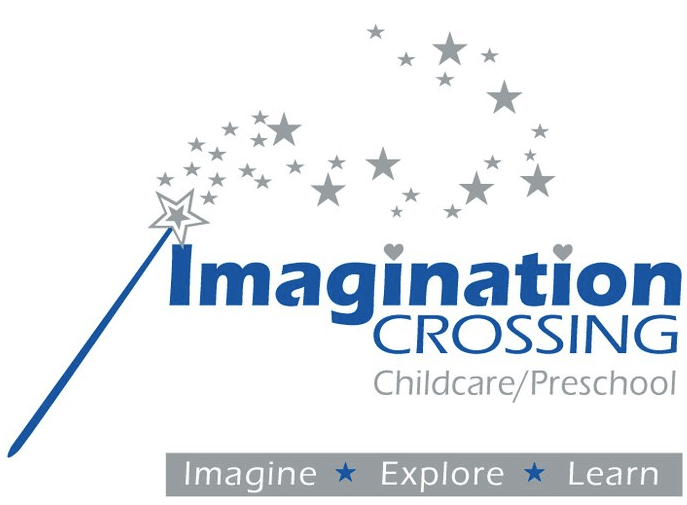If a toddler exhibits challenging behavior, it generally refers to behaviors that are considered difficult, disruptive, or problematic in some way. Challenging behaviors can vary from child to child, but common examples include temper tantrums, aggression, defiance, biting, hitting, excessive crying, or difficulty following instructions.
It’s important to note that challenging behavior is a normal part of a toddler’s development and is often a way for them to express their emotions or communicate their needs.
Here are some possible reasons why a toddler may display challenging behavior:
- Communication
Toddlers may not have developed the language skills to effectively express their needs, wants, or frustrations. Challenging behavior can be a way for them to communicate their emotions or to get attention.

- Emotional Regulation
Toddlers are still learning to manage and regulate their emotions. They may experience frustration, anger, or overwhelm, which can lead to challenging behaviors.
- Developmental Milestones
Toddlers are rapidly growing and developing, and their behavior can be influenced by their cognitive, social, and emotional development. They may be testing boundaries, seeking independence, or exploring their environment in ways that may appear challenging.
- Environmental Factors

Changes in routine, transitions, or stressful events can impact a toddler’s behavior. They may struggle with adjusting to new situations, such as starting daycare or experiencing a major life change.
- Need for Attention
Toddlers crave attention and may engage in challenging behaviors to gain the attention of caregivers or peers.
When responding to challenging behavior, it is essential to approach it in a positive and constructive 
- Stay Calm and Patient
Respond to challenging behavior in a calm and composed manner. Model self-control and emotional regulation to help your toddler learn these skills.
- Understand the Triggers
Identify the possible triggers or underlying causes of the challenging behavior. Is your toddler tired, hungry, overstimulated, or seeking attention?
- Set Clear and Consistent Expectations
Establish clear rules and expectations for behavior. Use simple language and provide visual cues or reminders if necessary.
- Offer Alternatives and Redirection
Provide your toddler with acceptable alternatives to express their needs or emotions. Redirect their attention to other activities or toys when they are engaging in challenging behavior.
- Teach and Reinforce Positive Behaviors
Encourage and praise your toddler’s positive behaviors. Use positive reinforcement, such as verbal praise or rewards, to promote desirable behavior.
- Provide Appropriate Outlets for Energy and Emotions
Engage your toddler in activities that promote physical activity and allow them to release excess energy. Offer opportunities for creative play, exploration, and sensory experiences.
- Maintain a Consistent Routine
Toddlers thrive on routine and predictability. Having a consistent daily routine can help reduce stress and support positive behavior.
- Seek Support If Needed
If challenging behavior persists or becomes unmanageable, consider seeking guidance from a pediatrician, childcare provider, or early childhood specialist. They can provide additional strategies and resources tailored to your toddler’s specific needs.
Remember, each child is unique, and what works for one toddler may not work for another. Be patient, understanding, and responsive to your toddler’s needs. With time, consistency, and positive guidance, most challenging behaviors in toddlers can be effectively addressed and managed.
